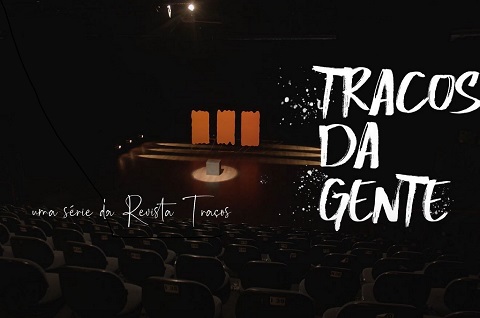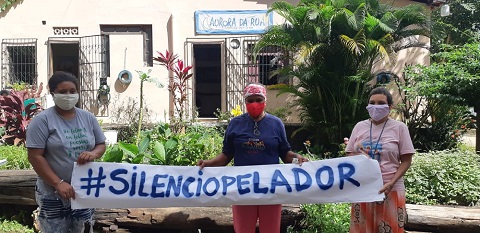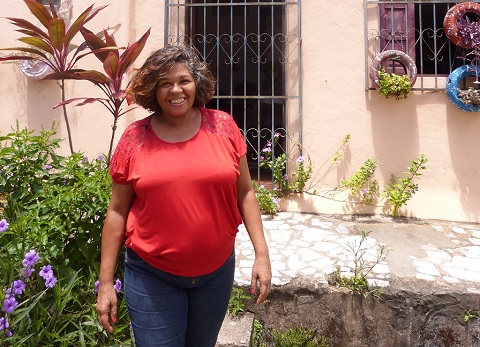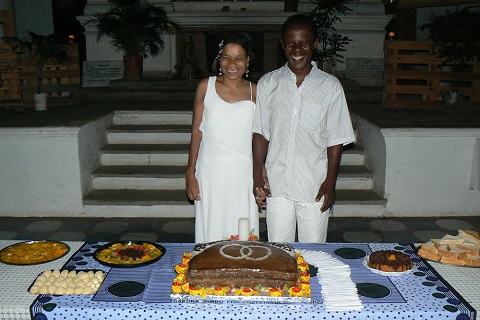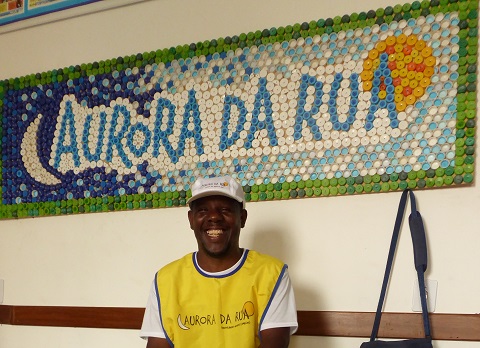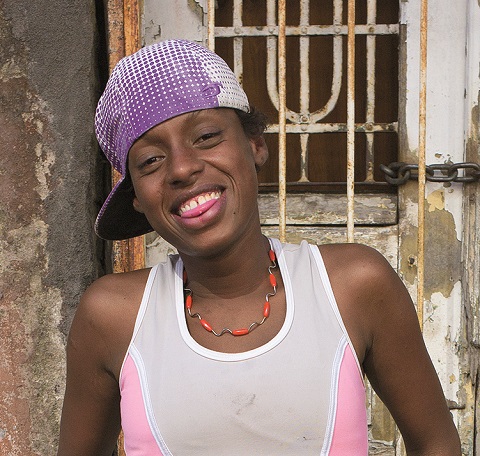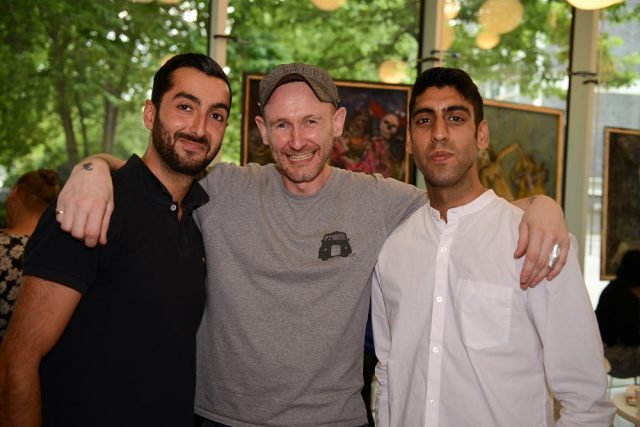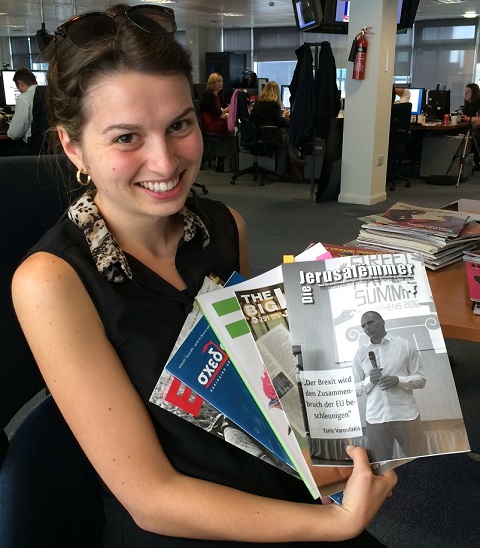By Francesca Harrington-Edmans
The 2016 Olympics saw world-class athletes from all over globe fighting it out in Rio to make this year count. This year’s Games also marked a momentous event in the life of 63-year-old Rio de Janeiro resident João Antonio Leandro. João is one of the people who performed in the Cultural Olympiad, Uma Só Voz [With One Voice], a homeless arts festival that took place in Rio ahead of the Games.
“I think the festival is one of the best things to have happened to homeless people in Rio,” says João, speaking to INSP following the event. “I really believe the project can change the way Brazilians treat homeless people.”

For five days, from 19-23 July, homeless choirs and other arts companies occupied the Rio’s streets, filling them with music, dance, poetry and theatre. Groups travelled from as far afield as the UK, Portugal, Australia, USA and Japan to take part.
The event grew out of the first With One Voice event, which was curated by Streetwise Opera and took place at the Albert Hall as part of the 2012 Olympics in London. Following the event, Streetwise Opera worked with Brazilian groups on a similar project for Rio 2016.
The Uma Só Voz choir was a direct result – offering João the life-changing chance to perform as part of the Cultural Olympiad. “The choirs were like news headlines, grabbing attention and making a lot of people stop and offer food and clothing,” he says. “They cleanse the soul: helping to pass the time and improve self-esteem. The participants have changed their outlook because they don’t feel so rejected.”

Originally from Barra do Pirai, a municipality 114km from Rio de Janeiro, João came to the city in 1970 and worked in construction, but he became homeless in 2000. “I left my wife and two children and haven’t heard from them since,” he recalls. “I have learned a lot from the time I have been homeless. I managed to come off the streets and rent a room on two occasions, when I managed to find work. But I became homeless again three years ago.”
João joined the choir in May this year, after a support worker, Celia, told him about it: “She said it would be great for me and give me some new opportunities, which it has.”
During the festival, choir members had the chance to perform at famous landmarks around the city, including the prestigious Museum of Tomorrow. The public shows enabled them to challenge some of the stereotypes about homeless people.

João says they can see changes in how homeless people are perceived in Brazil. “The local people were blown away by the event,” he says. “Already municipal guards are no longer moving us on or expelling us from the streets but, instead, liaising with social workers.”
For João, the relationships and collaborations between groups from each of the six nations involved in the Cultural Olympiad were especially important. “I thought all the cultural Olympic events were fantastic,” he says. “What I liked the most was the partnership we had with Ru’art Dance Company [a Brazilian company that works with at-risk young people] because the dance choreographies drew a lot of attention to the choirs.
“The international delegates taught me a lot through their humility and openness and they learnt from us by the warm and affectionate welcome they received in Brazil. They should have this event every year!”

The grand finale of the Rio festival brought João’s wish a step closer, launching the first ever global movement for homeless arts. Broadening the scope of Streetwise Opera’s original project, With One Voice now aims to connect homeless arts movements from around the world. The initiative will enable far-flung groups to collaborate and support each other, long after the streets of Rio are quiet again.
Matt Peacock, Streetwise Opera’s artistic director, has been a driving force of With One Voice since its earliest days. He says he has seen what the project can mean for people with experience of homelessness.
“Get-togethers like these are rare and particularly important for homeless communities,” he adds. “They act as opportunities to address loneliness and isolation. Seeing the pride they instil in the individuals is amazing.”
Matt is confident that the With One Voice movement will continue to contribute to future Olympics, ensuring that homeless voices are heard on the world stage – and addressing some of the more troubling trends that have dogged previous Games.
“Historically homeless populations have been badly treated in the lead up to the Olympics, being pushed aside and moved on in preparation for the international event,” he says. “These festivals mark an important move away from these attitudes, a move that will continue into Japan 2020.”








